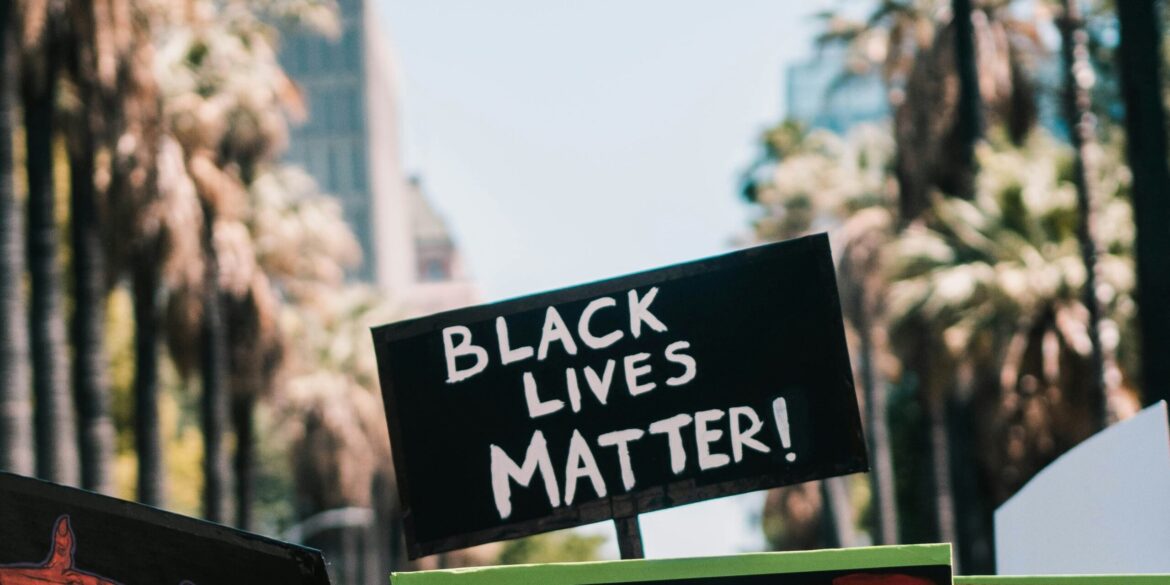Five years after the tragic death of George Floyd, the United States finds itself at a crossroads in its journey toward racial justice. The initial wave of protests and calls for reform have given way to a complex landscape where progress is met with resistance and challenges persist.
The Spark of a Global Movement
On May 25, 2020, George Floyd, a Black man, was murdered by former Minneapolis police officer Derek Chauvin, who kneeled on Floyd’s neck for over nine minutes while he pleaded for his life. The incident, captured on video, ignited a global movement against police brutality and systemic racism. Protests erupted in cities across the United States and around the world, marking a pivotal moment in the fight for racial justice.
Achievements in Racial Justice
In the aftermath of Floyd’s death, several significant strides were made toward racial equity. Cities and states enacted over 140 police accountability laws, including bans on chokeholds and no-knock warrants, restrictions on the use of force, and the elimination of qualified immunity in some jurisdictions. Programs like Denver’s STAR initiative and community-based investments in cities such as Los Angeles and Austin shifted public safety responses toward non-police interventions. These efforts reflected a growing recognition of the need for systemic change in law enforcement practices.
Additionally, the Black Lives Matter movement gained prominence, with widespread support for its call to end racial injustice. Public awareness of issues like racial profiling, mass incarceration, and economic inequality increased, leading to broader conversations about race and privilege in American society.
Backlash and Setbacks
However, the momentum for racial justice has faced significant setbacks. The Trump administration’s second term has seen the dismantling of diversity, equity, and inclusion (DEI) programs, the rollback of civil rights protections, and the cessation of federal police reform efforts. The Department of Justice announced the termination of oversight agreements with police departments in Minneapolis and Louisville, arguing that local control should take precedence. This move has been criticized by civil rights organizations as a retreat from federal accountability measures. Furthermore, public support for the Black Lives Matter movement has declined, with a Pew Research Center study showing a 15 percentage point drop since 2020.
The Role of George Floyd’s Square
In Minneapolis, the intersection where Floyd was killed has become a symbol of the movement. George Floyd Square remains a focal point for activism and reflection. Debates continue over its future, with some advocating for its preservation as a permanent memorial, while others propose redevelopment plans that could alter its character. The ongoing discussions highlight the complexities of balancing remembrance with urban development.
The Path Forward
As the nation reflects on Floyd’s legacy, it is crucial to reaffirm the commitment to justice and equity. This moment calls for renewed activism, solidarity, and a collective effort to ensure that the pursuit of racial justice remains a central focus in American society. While challenges persist, the resilience of communities and the continued advocacy for systemic change offer hope for a more equitable future.

